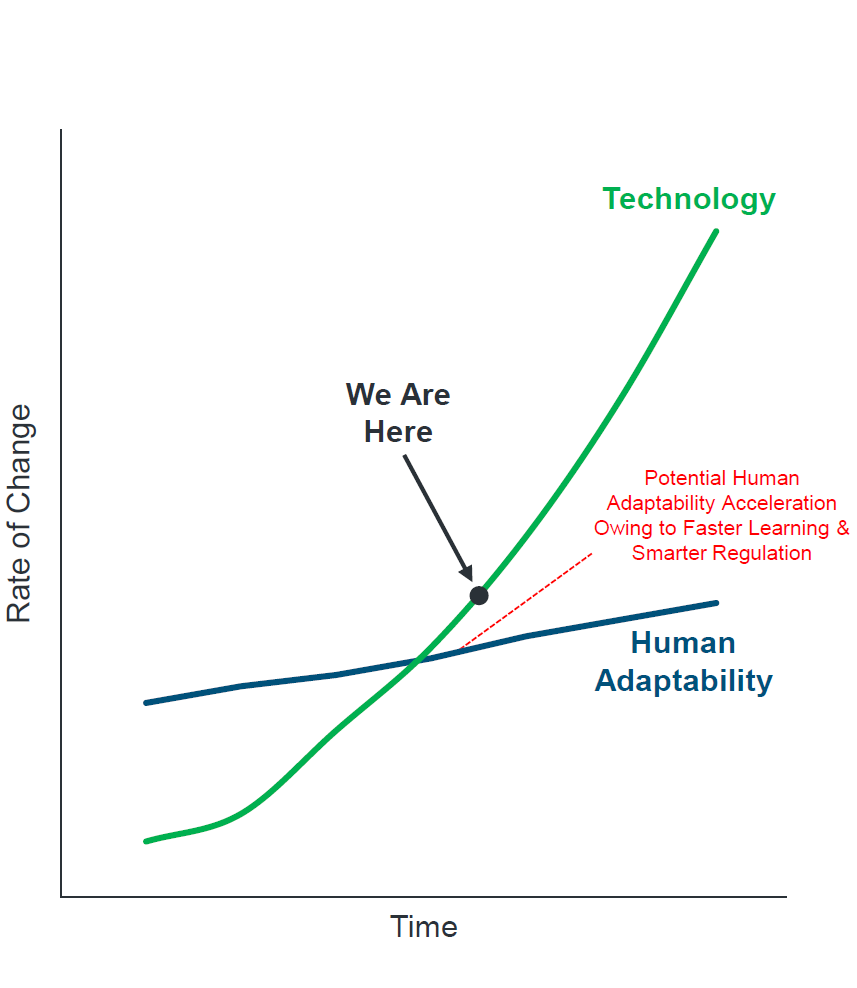By Simone Cicero and originally published on medium.com
This is an extract by Enlivening Edge Magazine from the original article. The full version can be read here
This post is brought to you by the team at platformdesigntoolkit.com and is dispatched in our fortnightly newsletter. All the links you’ll find in this post were previously mentioned in it, so …register!
The full post gives you an overview of 2019’s most discussed issues about platforms and ecosystems, with links to key reads. You’ll find a relevant sample of the key trends of conversation dealing with market shifts, technological developments, and rising social implications.
This has been a year full of new questions — more than answers — and I believe this makes the case for a year that, in hindsight, has been a great year of learning.
We hope that the links shared here will help you frame the conversation and develop your personal vision and understand better the role you can play in a transforming world.
It’s been another hectic year for platforms and ecosystems thinking all over the world, though if I need to pick a note for this year’s evolution of the conversation, I’d say that it looks maturing.
The buzz is still there — and so is the dumb republishing of the same ecosystems-are-changing-the-world-of-business crap — but new outlooks on the real changes happening in how we re-organize society in an age of plummeting transactions cost are consolidating.
 Photo by Michael Benz on Unsplash
Photo by Michael Benz on Unsplash
Ecosystems
The investigation on how to build business ecosystems has been raging on management review publications, and it was often backed by academics: the lion’s share of the best reads goes to Michael G. Jacobides, that co-authored several interesting reads this year.
Our selection goes from calling out myths, then highlighting why business ecosystems rise (and fall), finally outlining the need of an Ecosystem strategy for brands.
Good complements — on a similar note, that of academic research — are other two good HBR pieces: one covering the results of a study about more than 250 platforms, and another highlighting “Why Some Platforms Thrive and Others Don’t”.
How’s the internet?
 This year’s update from the so-called “queen of the internet”, the Internet Trends 2019 — a 333 pages presentation deck that, despite the thickness, wasn’t that groundbreaking — brought up the image of the year: an inflection point between the rate of change technology and our capability to adapt to it.
This year’s update from the so-called “queen of the internet”, the Internet Trends 2019 — a 333 pages presentation deck that, despite the thickness, wasn’t that groundbreaking — brought up the image of the year: an inflection point between the rate of change technology and our capability to adapt to it.
During the last year, many voices confronted with the disintegration of our social fabric in the background of an ever-growing economy of tech giants. It was early in the year that Tim O’Reilly spoke out about Silicon Valley’s obsession for hypergrowth — not so swiftly criticizing Hoffman’s Blitzscaling — but my impression is that, more in general, a critique is eventually emerging that doesn’t just aim at the single platform (the exploitative, the gentrifying, the polluting …) but sees the issues that are wired into the frame of western society.
By looking at the issue from the other way around, in “Democracy as a Platform” Alastair Parvin looks at how thinking in platforms can actually help XXIst century institutions innovate in 9 key areas so that societies don’t fall in a downward spiral of irrelevance, in the turbulent age we face, and actually generate the creation space where answers to the challenges of adaptation and transformation can rise up.
The reality is that the challenge is monumentally huge and it poses enormous challenges to the way we organize. Those in search for a new meaning of organizing might find themselves excited by following John Hagel’s reflection.
Hagel warns about the importance to create opportunity based narratives and let them express through cellular organizations with a zoom-in/zoom-out approach lo learning:
If we’re not learning faster, we’re going to be increasingly marginalized in the Big Shift. The most powerful learning is in the form of creating new knowledge. To accelerate that kind of learning, we need to find ways to harness the power of opportunity-based narratives.
If we get this right, we can watch learning go exponential and create value in ways that would have been unimaginable with more traditional models of learning.
Organizing
Though important, this year helped us to understand clearly that exponential learning is not the only nuance of change we need to pour into our approach to organizing.
Tremendous work has been done this year on documenting different approaches to organizing. We’ve been personally able to extensively cover Haier’s RenDanHeYi but we’ve not been alone working on org evolution. In the last part of the year, Corporate Rebels’ Joost Minnaar started publishing a series of essays (see the first and the most recent) on what he calls the middle managerless organization (MMLO) that promises to deliver more insights this year. It certainly resonates with our work on unearthing Haier’s EEEO.
I’ll be intrigued this coming year to investigate the convergence between how a company organizes, it’s own epistemic frame and the products — or should I say the value — that it creates in the market and in society, as well as what kind of leadership culture it generates. I’ve been enjoying so thoroughly last week’s exponent podcast with Ben Thompson and James Allworth — so much that it made it straightly to the end of the year review.
The conversation is arguably one of the most interesting I ever listened: More Ergonomic touches upon the deteriorating nature of monopolies, and explores the relationship between the products and experiences an organization creates, with its own organizational structure and type of leadership required (here’s where the exploration started).
On the other end, the work that Stelio Verzera and the team at Cocoon Pro is doing with the Ecosight framework looks relevant and rooted in a much less materialistic nuance of seeing through organizations, as resonant of much broader narratives of evolution.
A Final Rumbling
Technically speaking we can definitely say that 2019 leaves us with an enormous amount of good reflections (and writings) on how to start building XXIst Century platforms.
But on the other hand, the question seems now to go beyond the “how-to” and increasingly lean into the “why-to” build platforms and mobilize ecosystems.
I must admit, indeed, that this is the last year I’m interested in talking about platforms as something pure and technical: as a recipe for success.
If there’s a bittersweet taste that 2019 is leaving behind itself, it’s the conviction that the very idea of success needs to be questioned, and that all platform thinkers are directly responsible to experiment with it.
The answer to the question: “can platforms reinvent the world?” can only be provided by experiments.
Other key links not mentioned directly in the post (a more complete list can be found in the original article):
- LaBarre, S. (2019). How pizza could save the world. [online] Fast Company. Available at: https://www.fastcompany.com/90288282/how-pizza-could-save-the-world
- Wei, E. (2019). Status as a Service. [online] Remains of the Day. Available at: https://www.eugenewei.com/blog/2019/2/19/status-as-a-service
- Cicero, S. (2019). Ecosystems won’t solve the Management Crisis of the 21st Century. [online] Medium. Available at: https://stories.platformdesigntoolkit.com/ecosystems-wont-solve-the-management-crisis-of-the-21st-century-96a610b708f1
- A rather comprehensive overview: “The Fundamentals of Ecosystem Strategies with Simone Cicero”. Available at: https://www.youtube.com/watch?v=T-6WVVK4__E
Click to Connect and explore what the Platform-Ecosystem landscape means for your organization, or explore the learning opportunities.
Before You Go!
As you may know, everything we do is released in Creative Commons for you to use. In case you’re getting value out of these reads and tools, we encourage you to go to the original article and click the ?button and hold down to 20–50 claps as this will help us to get more exposure, and hopefully, work more on developing these tools.If you liked this post, you can also follow me on Twitter, I normally curate this kind of content.
Thanks for your support
Featured Image added by Enlivening Edge and originally by Piqsels under Creative Commons Zero – CC0
Republished under Creative Commons 4.0 license.




